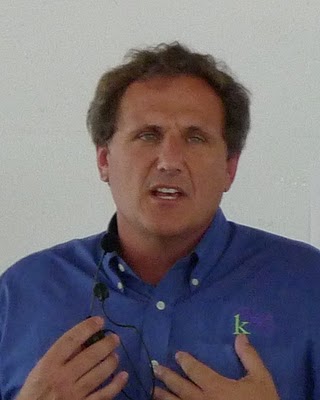Even the VDT opposes the charter school amendment.
![]() “Staff Writer” editorialized in the VDT 12 September 2012,
Will charter schools hurt public education?
“Staff Writer” editorialized in the VDT 12 September 2012,
Will charter schools hurt public education?
So the state has consistently run down the public education system in Georgia over the course of the last decade by drastically cutting funding from programs, but are now complaining because student test scores and graduation rates have decreased.
The state solution? Allow for basically anyone who has a building to apply to run a “charter school” that would siphon money away from public education. Students would be able to choose where they would go, the parents or community officials would “run” the schools, and they would not have to meet the same standards as the current public schools, but taxpayers would still be forced to pay for them.
State officials are fond of saying that charter schools aren’t private schools, but when a school gets to pick and choose who they let in and who they don’t, that’s the definition of a private school. Only the elite whose parents want to run the schools will have a chance, and the poor and disenfranchised will have no choice, will not be accepted, and will suffer even more because the money will no longer be there to educate them.
Here’s an idea: Restore all those drastic austerity cuts from education to pre-Gov. “Sonny” Perdue levels, invest in the public education system which is already in place and doing quite well in spite of the state’s best efforts to shut it down, and restore the true value of a public education to the taxpayers of the state who are footing the bill and seeing fewer results.
I like that idea. Let’s vote No on the charter school amendment in November so we can get back to funding public education.
-jsq
 The
The

















